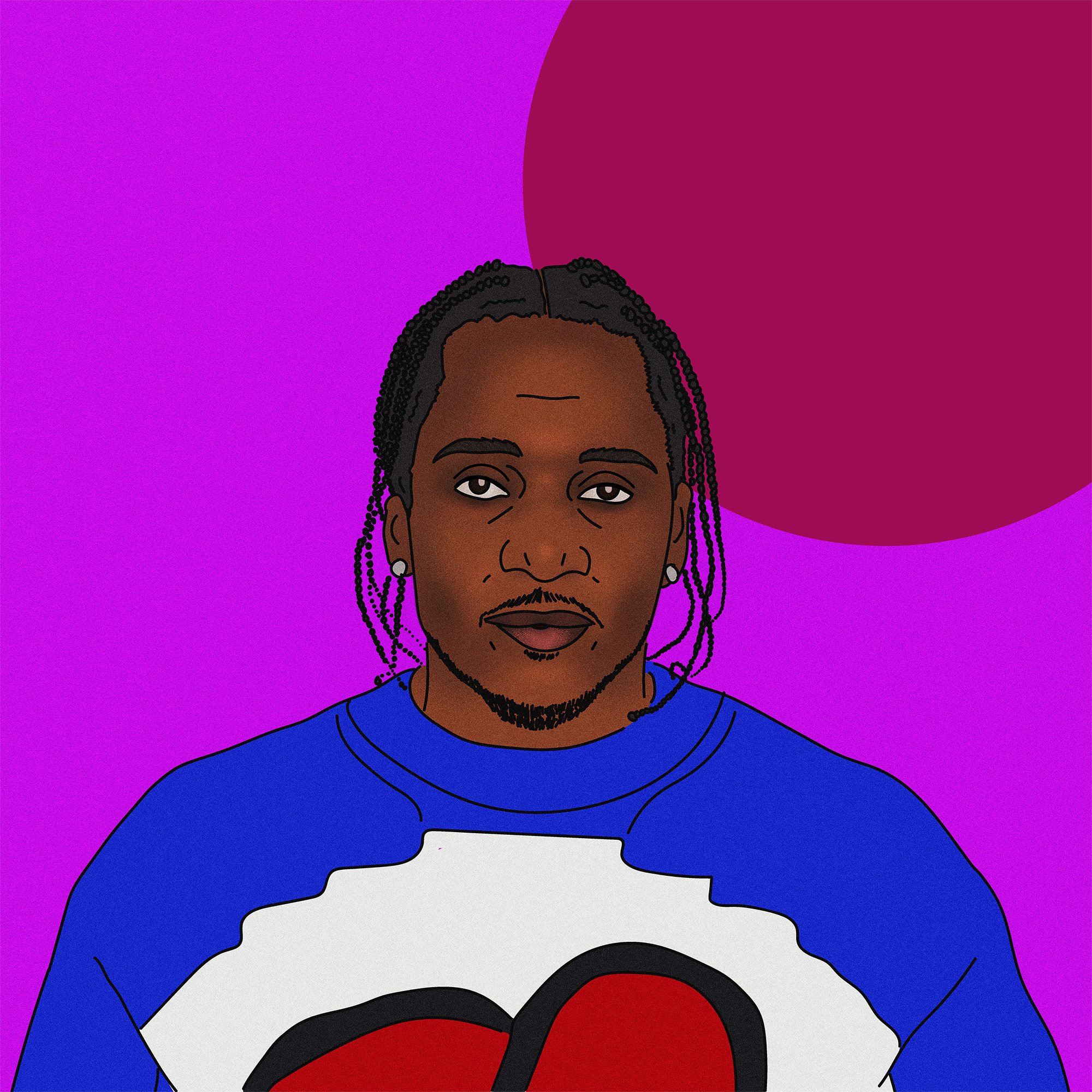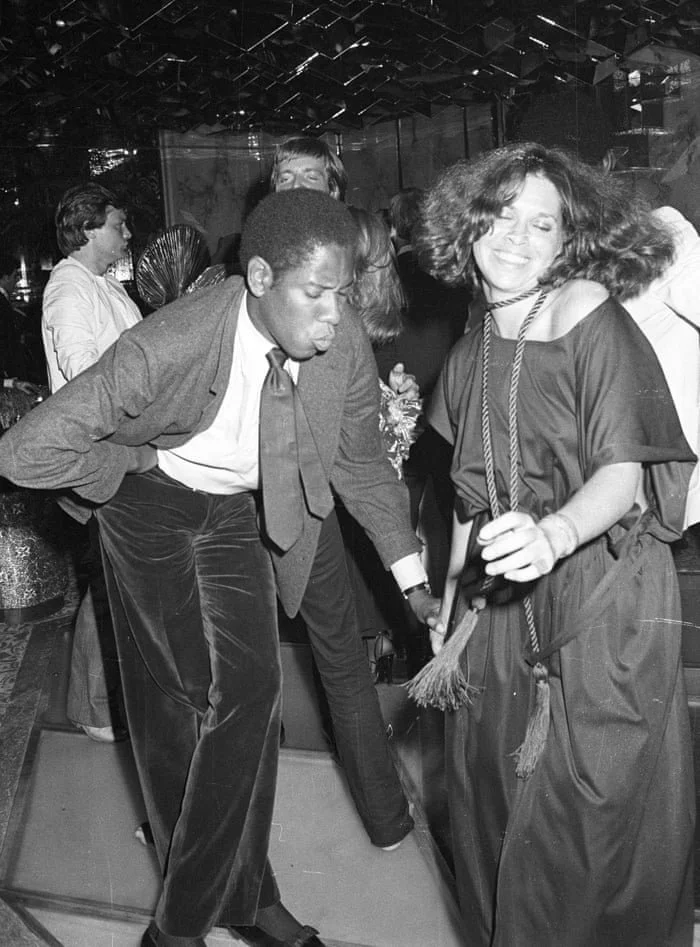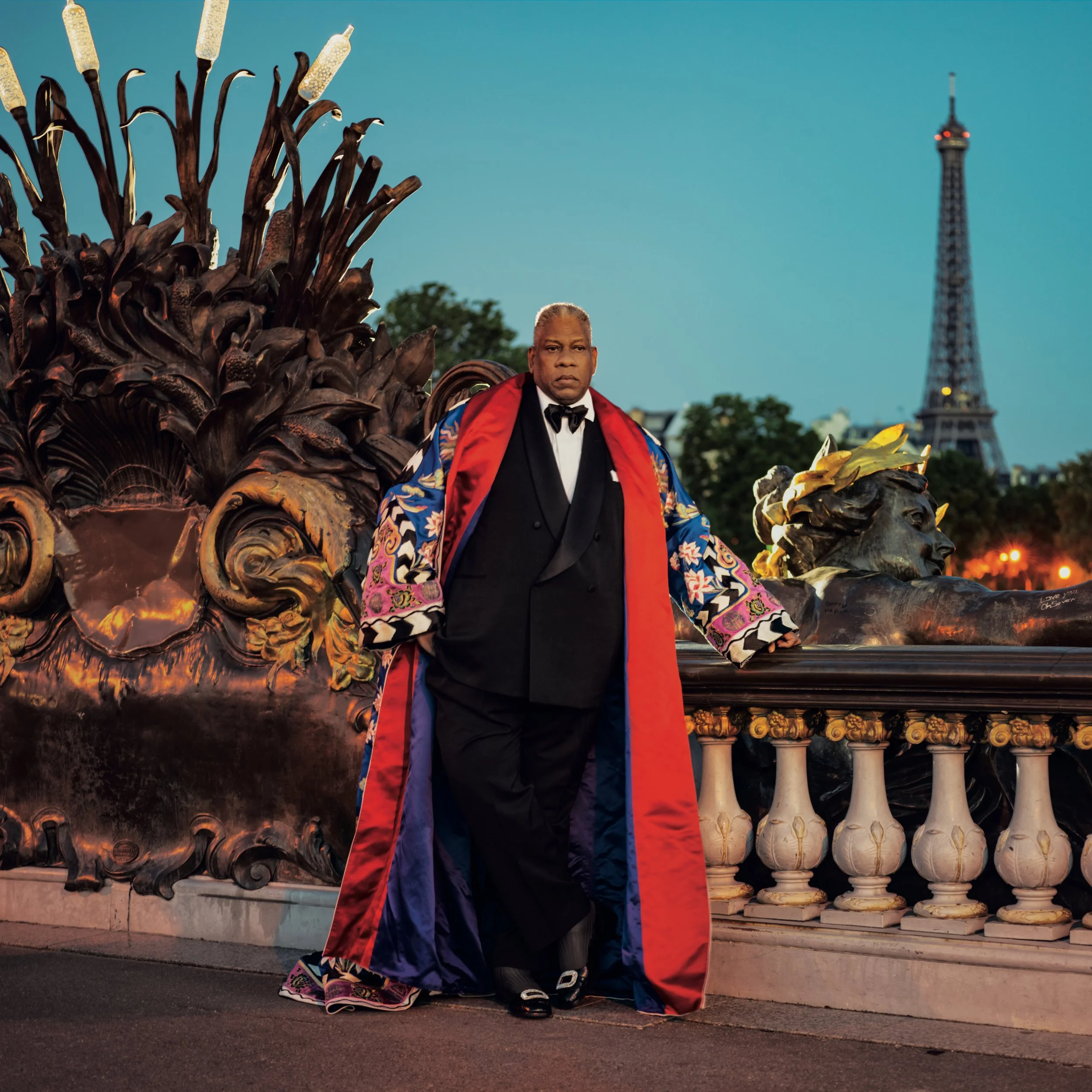The RoundUp: Chimamanda On #EndSars, Shonda Talks ABC Departure, Rise in Domestic Violence During Covid
A roundup of global news, published every Thursday afternoon. Here’s the big stories for the week ending October 22nd.
1. Chimamanda Says The Nigerian government has turned on its people. In a recent New York Times Op-Ed, critically acclaimed writer Chimamanda Ngozi Adichie writes about SARS (Special Anti-Robbery Squad) and their murdering of Nigerian citizens. What was supposed to be an elite police unit became a moneymaking terror squad with no accountability, she wrote. The author writes about how SARS officers would arbitrarily arrest young Nigerian men for crimes like wearing dreadlocks, having tattoos, or using a nice phone or driving a nice car, which would then result in demands hefty “bails”. ”SARS was supposed to be a special Nigerian Tasks Force dedicated to fighting crime, but has been described as a terror squad with no accountability. “The Nigerian state has turned on its people. The only reason to shoot into a crowd of peaceful citizens is to terrorize: to kill some and make the others back down,” writes Adiche. “It is a colossal and unforgivable crime. The brazenness is chilling, that the state would murder its citizens, in such an obviously premeditated way, as though certain of the lack of consequences.” Read the full Op-ed by the Nigerian novelist.
2. Pascal Bruckner Defines Privilege as Muslim, Black and Woman. During Le Debat, Bruckner said of Rokhaya Diallo, “Your status as a Muslim and Black woman makes you privileged.” The essayist shocked the world by accusing Rokhaya Diallo, an activist and journalist for the Washington Post, of statements that led to the death of Charlie Hebdo staffers. This is a familiar shtick for Bruckner, who was once sued by the Les Indigènes de la Republique and Les Indivisibles, the latter of which was created by Diallo. The essayist accused the Muslim organizations of “giving psychological support to the Charlie Hebdo killers”, according to Tablet Magazine. He was acquitted. Earlier this week, Bruckner accused Diallo of “feeding white hatred” by speaking out against racism. He brought up Diallo’s defense of freedom of speech. Read the full story here.
3. Shonda Rhimes is being inspiring again. The highest paid showrunner in television pulled no punches when she described why she left ABC for Netflix in a recent profile with the Hollywood Reporter. Rhimes knew she would eventually sever her relationship with ABC, but the final straw even took her 1.9 million Twitter followers by surprise. As a part of her deal with ABC, Rhimes was given an all-inclusive pass to Disneyland. A pass that would typically be extended to a partner was not offered because she is single. She would negotiate one for her nanny, and after she negotiated a guest pass for her visiting sister to chaperone her oldest daughter, the pass failed to work. This prompted Rhimes to call a high-ranking executive who flatly told her, “Don’t you have enough?” When that phone call ended, Rhimes made an executive decision: She called her lawyer and told them to get her over to Netflix. By mid-2017, Rhimes and her company Shondaland, had signed a deal with Netflix and thus stepped into a new sort of power. “I just want to be in a place where I can make stuff no one’s going to bother me or make me feel like I’m beholden.” She told Netflix’s co-CEO Ted Sarandos, according to THR. Read How Shonda Rhimes is ready to own her shit.
4. Cuties writer and director, Maïmouna Doucouré, said she was shocked by the backlash her semi-autobiographical coming-of-age drama received before her once positively praised film began to stream on Netflix. The Senegalese French director spoke to Harper’s Bazaar about the inspiration behind the film, and the difference between her childhood.
“Recently, I reminisced with friends that I grew up with. And, yes, we used to dance at that age. We would [do] a dance called Ragga Murphy, which is a fairly sensual dance. But the difference is that we were just doing it together, the only image of us dancing is in our memories,” Doucouré told Harper’s Bazaar. “And now, these girls when they’re dancing, they’re in front of a camera to make an image to then be posted on social media. So that changes the reason why they’re dancing.” Read the full Doucouré interview.
5. Domestic Violence and COVID-19. A CNN report details how there has been an explosion of domestic violence on a global scale since the start of this pandemic. As we all continue to stay home and social distance, many victims are locked in with their abusers, and some domestic abuse support services have been put on hold. An interactive map on CNN allows readers to go to different parts of the world and listen to stories from women as they detail their domestic horrors while on lockdown. In France, domestic violence interventions have jumped by 42 percent. View the full CNN report.










